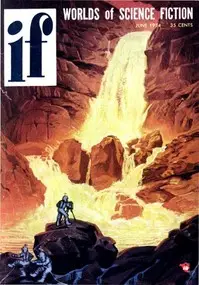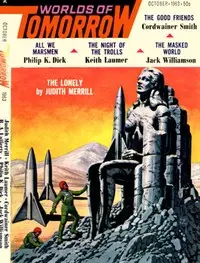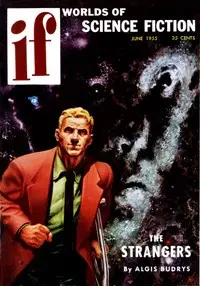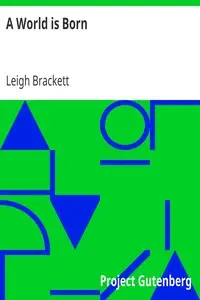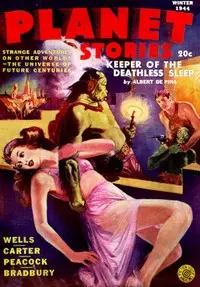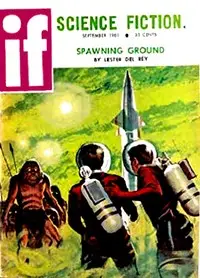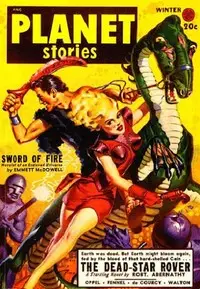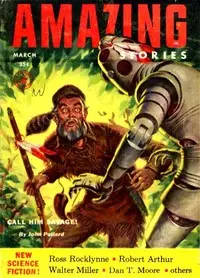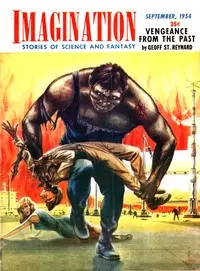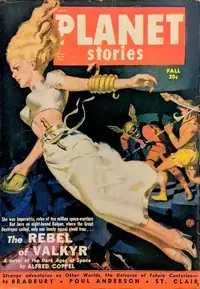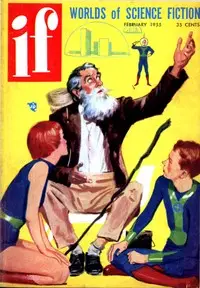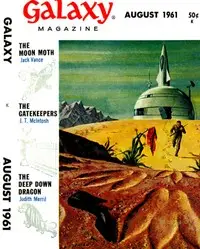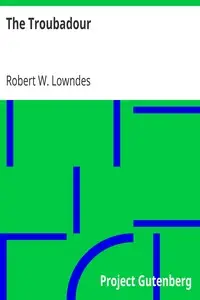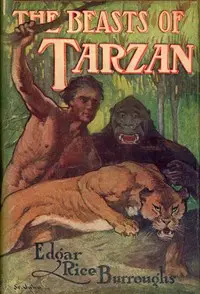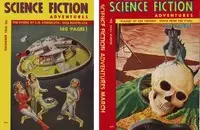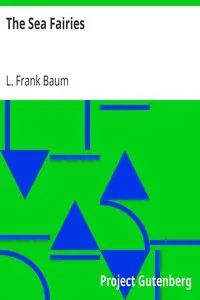"Where There's Hope" by Jerome Bixby is a science fiction story that takes place on the planet of New Earth, in the early 1950s, where colonists from a dying Earth fight to survive. The heart of the story is about whether it's right to have kids when things are unstable. Hugh Farrel, the Chief Medical Officer, finds his decisions challenged by the women of the colony led by Mary Pornsen, because the women fear childbirth from the planet's dangers. The men insist that children are important for the colony's future, however, all the colonists are in less than favorable health due to radiation poisoning from back on Earth as well as their dangerous travels to the planet. To solve the problem, Farrel and other leaders use hypnosis to force couples to have children. Twenty-one years later, the colony has taken hold, but the ethical cost of Farrel's actions are still present, though perhaps ignored.
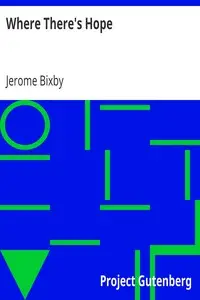
Where There's Hope
By Jerome Bixby
On a dangerous new world, a desperate colony faces a dark choice: force life into existence or face extinction.
Summary
About the AuthorDrexel Jerome Lewis Bixby was an American short story writer and scriptwriter. He wrote the 1953 story "It's a Good Life", which was included in The Science Fiction Hall of Fame. It formed the basis of a 1961 episode of The Twilight Zone and was remade in Twilight Zone: The Movie (1983). He wrote four episodes for the Star Trek series: "Mirror, Mirror", "Day of the Dove", "Requiem for Methuselah", and "By Any Other Name". With Otto Klement, he co-wrote the story upon which the science fiction movie Fantastic Voyage (1966), the related television series, and the related Isaac Asimov novel were based. Bixby's final produced or published work so far was the screenplay for the 2007 science fiction film The Man from Earth.
Drexel Jerome Lewis Bixby was an American short story writer and scriptwriter. He wrote the 1953 story "It's a Good Life", which was included in The Science Fiction Hall of Fame. It formed the basis of a 1961 episode of The Twilight Zone and was remade in Twilight Zone: The Movie (1983). He wrote four episodes for the Star Trek series: "Mirror, Mirror", "Day of the Dove", "Requiem for Methuselah", and "By Any Other Name". With Otto Klement, he co-wrote the story upon which the science fiction movie Fantastic Voyage (1966), the related television series, and the related Isaac Asimov novel were based. Bixby's final produced or published work so far was the screenplay for the 2007 science fiction film The Man from Earth.

